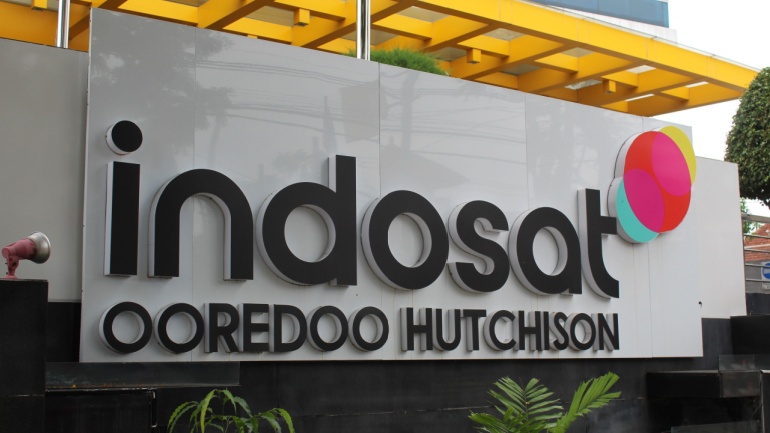The European Union (EU) has formally classified Alphabet, Amazon, Apple, ByteDance, Meta, and Microsoft as ‘gatekeepers’, obligating them to adhere to a specific set of guidelines within six months. This designation is part of the EU’s Digital Markets Act, a strategic initiative intended to diminish the substantial influence of major internet corporations by prohibiting them from imposing unjust conditions on businesses and end-users and ensuring the availability of significant digital services.
A digital platform is deemed a gatekeeper if it constitutes a vital link between businesses and consumers concerning core platform services. The EU released a roster of companies that would qualify as gatekeepers in July. Alphabet, Amazon, Apple, ByteDance, Meta, and Microsoft now have to observe several regulations, many of which revolve around platform interoperability, data transparency, and competitiveness.
In the meantime, the Commission has initiated four market investigations to determine if Microsoft’s Bing, Edge and Microsoft Advertising and Apple’s iMessage should be qualified as gatekeepers, acting in response to the organizations’ claims that they shouldn’t be. Utilizing the DMA, the Commission is inspecting whether not Apple’s iPadOS should be categorized as a gatekeeper, ‘despite not meeting the thresholds.’
On the flip side, it was determined that Alphabet’s Gmail, Microsoft’s Outlook.com, and Samsung’s Internet Browser qualify as gatekeepers under the DMA, but the companies concerned presented sufficient evidence demonstrating that these services do not perform as gateways for associated core platform services. Therefore, Samsung has not been categorized as a gatekeeper concerning any core platform service.
“More choice for consumers, fewer obstacles for smaller competitors: the DMA will open the gates to the Internet,” declared Thierry Breton, Commissioner for Internal Market. “With today’s designation we are finally reining in the economic power of 6 gatekeepers, giving more choice to consumers and creating new opportunities for smaller innovative tech companies, thanks for instance to interoperability, sideloading, real-time data portability and fairness. It was high time that Europe sets the rules of the game upfront, to ensure digital markets are fair and open.”
Commissioner Didier Reynders noted: “The Digital Markets Act will help creating a level-playing field for all companies competing in the European digital market, as it will bring about more contestability and openness in markets. Today, we identified the first six gatekeepers that must respect the new rules set forth by the DMA.”
The Commission intends to supervise the compliance of the six companies to the new regulations. Should they fail to abide, the Commission could impose penalties amounting to 10% of total worldwide turnover or even 20% in the case of repeated infringement. Furthermore, in situations of ‘systematic infringements’, the Commission might resort to ‘additional remedies,’ like compelling the companies to divest part or all of their business, or prohibiting them from acquiring additional services.
This move by the EU to officially classify these internet giants as ‘gatekeepers’ signals a shift from verbal warnings to concrete action that aims to create a fairer, more competitive digital environment for smaller businesses. It has effectively set new rules that potentially carry significant consequences for noncompliance, underscoring its serious commitment to managing the growing influence of these global tech powerhouses.







